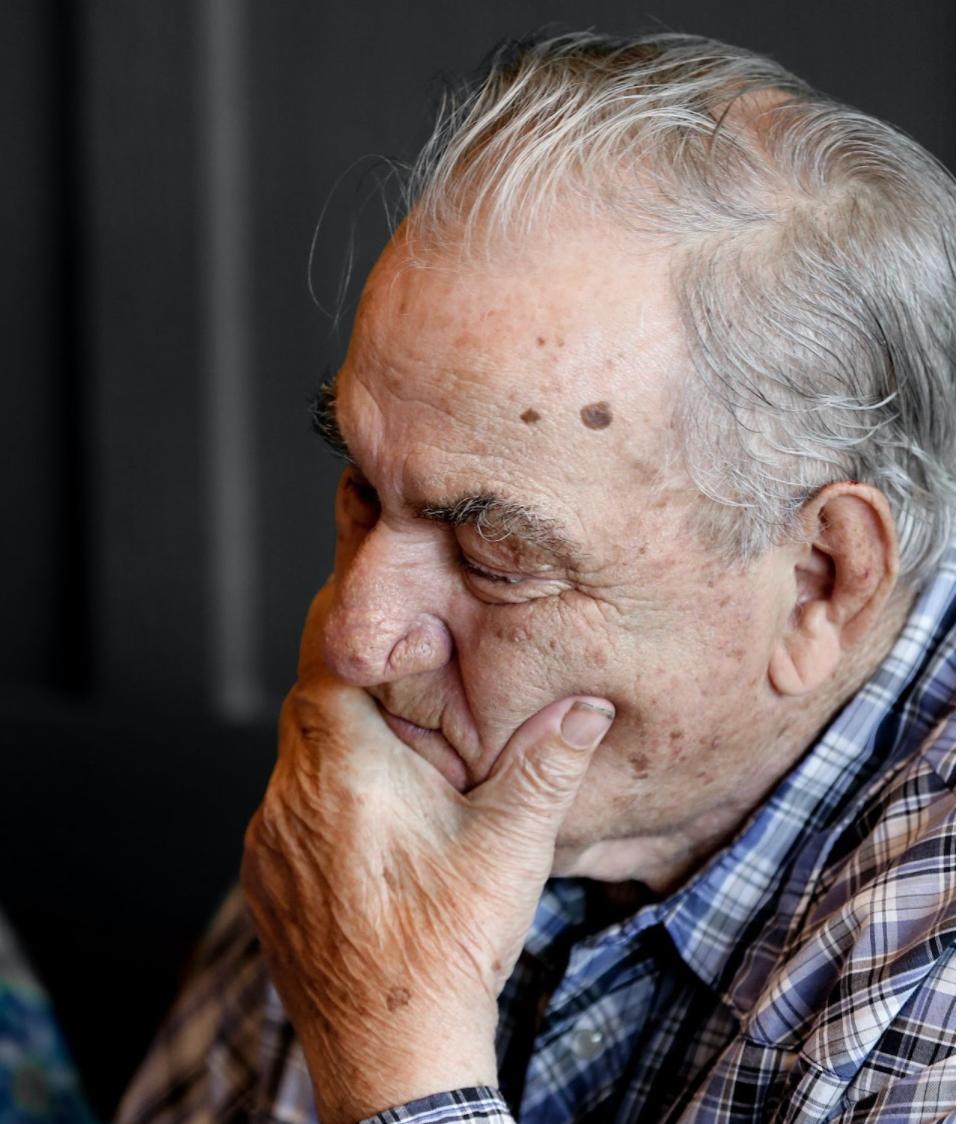Even Beyond Nursing Homes, COVID-19 Hit Seniors Especially Hard
- kday43
- Oct 22, 2021
- 3 min read
The challenges of the COVID-19 pandemic have been particularly extreme for American seniors. Access to quality medical care, necessary income streams, and time spent with friends and family were all thrown in jeopardy. This story rang particularly true among the nation’s many nursing homes. But while horror stories emerged out of assisted living facilities, seniors living elsewhere suffered predominantly in silence. This article aims to explore the effects that COVID-19 had on the elderly outside of nursing homes, as well as insights for building resilient elderly adults in the face of new upheavals like economic recessions and global pandemics.
COVID-19 Risk Poses Greater Health Risks For Seniors Outside Of Nursing Homes
It’s well-known that the COVID-19 virus hits older populations especially hard. As of August 2021, about 79% of coronavirus deaths in the U.S. were people aged 65 and older. But recently published studies reveal a lesser-known fact: most of the seniors who died of COVID-19 lived outside of nursing homes. This can be attributed to the fact that seniors living without in-house medical aid were less likely to be tested and treated for the virus.
Older adults are more likely to become vulnerable to the virus due to underlying health conditions that are common among aging individuals. According to a June Health Affairs study, the death rate of people with dementia was 32% when infected with the coronavirus. In contrast, the death rate is 14% for those with dementia who weren’t infected. The study also reported that people with chronic kidney disease, immune deficiencies, severe neurological conditions, and multiple medical conditions were placed at greater risk of death from COVID-19.
“This is a more accurate picture of the true toll of COVID-19,” said Dr. Daniel Sessler, chair of the department of outcomes research at the Cleveland Clinic, via reporting by Kaiser Health News. “As it turns out, the greatest increase in deaths [from the virus], in terms of both raw numbers and an increased risk of dying, was in the community, not in long-term care residents.”

Mental Health Takes A Dive During COVID
COVID poses a serious threat to the physical health of aging individuals, but its toll on their mental health must also be addressed when discussing its lasting effects.
Social isolation and limited access to caregivers, friends, and family became a significant challenge for seniors in the throes of the pandemic. One in four (24%) adults ages 65 and older reported symptoms of anxiety or depression due to loneliness in August 2020. What’s more, people who are 50 years of age or older are more likely to experience many of the risk factors that contribute to isolation or loneliness. One of these risk factors is living alone; adults who don’t live in senior living facilities are less likely to have access to daily social interaction and are therefore more susceptible to loneliness. Extensive research has shown that loneliness due to the pandemic increased risk of premature death, dementia, stroke, depression, anxiety, and suicide among older individuals.
Pre-Pandemic Economic Struggles Are Exacerbated
While it’s still too soon to say, an increased cost of resources due to the economic downturn could affect seniors disproportionately, especially those living outside of nursing homes and whose work is their primary source of income.
The unfortunate truth is that most older people struggle to make ends meet even in the absence of a pandemic. Up to 25% of adults aged 65 or older depend mostly or exclusively on Social Security benefits, but average benefits alone aren’t enough to cover the cost of living almost everywhere in the U.S. Many seniors face high out-of-pocket medical expenses for chronic conditions and medications.
Other financial resources, such as pensions, savings, assets, and earned income have also been negatively impacted by the pandemic. Older adults nearing retirement may have already felt the brunt of suspended 401(k) matches or wage losses due to shortened work hours. Overall, the pandemic may worsen older adults’ economic outlook, as income is reduced and savings are depleted in an effort to continue paying for the rising cost of housing, food, medicine, and other essentials.

Looking Ahead
In wake of a disaster like COVID-19, senior populations are left physically, mentally, and economically vulnerable. It’s long past time for social and economic infrastructure to secure and protect aging adults facing crisis. Special attention should be paid to seniors lacking the social support of a nursing home, and who may be battling serious underlying medical conditions on their own.
If you or a loved one is in need of financial or legal guidance during these challenging times, don’t hesitate to contact us. We’re here to answer any questions you may have!
.png)


Comments